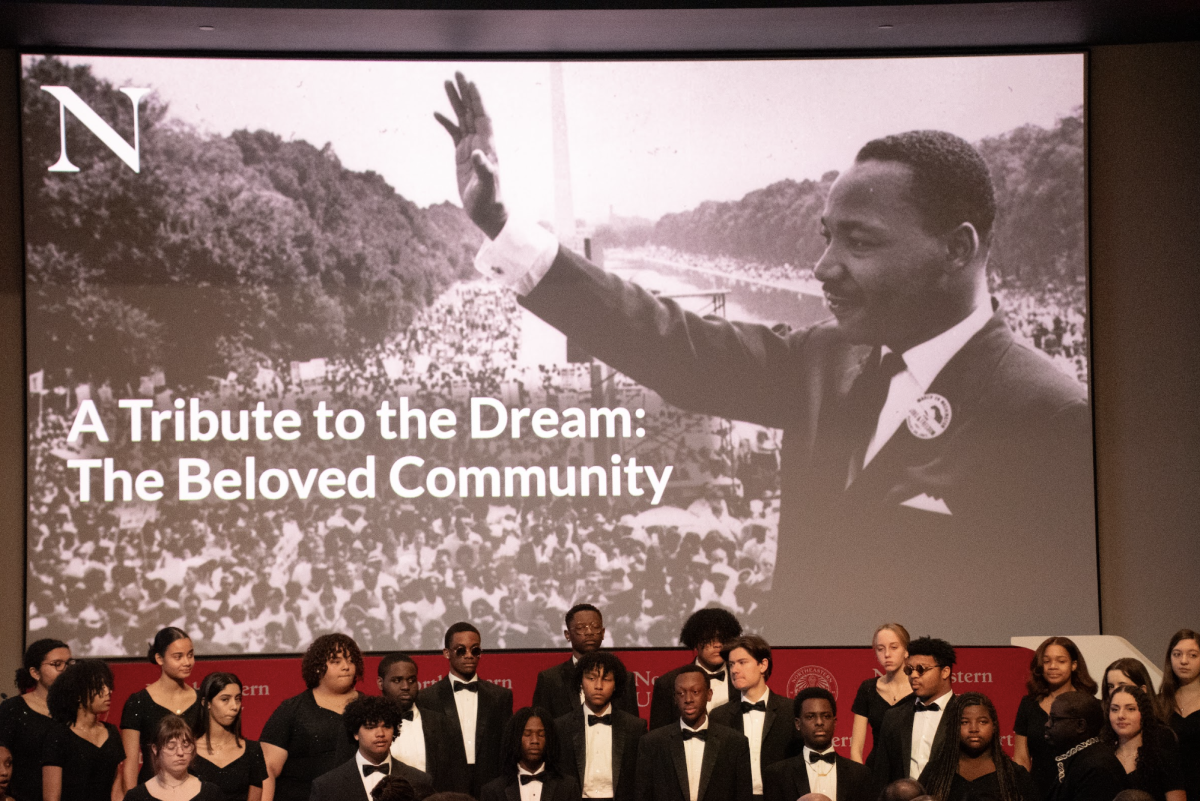Student Government Association (SGA) President Ryan Fox and Vice President For Academic Affairs Amanda Sabia were nominated as candidates for next year’s SGA presidency, at the senate meeting Monday.
Another member of SGA, Jordan Clark, was denied the ability to run for president after the senate rejected Clark’s move to waive the requirement of being an SGA senator for running a presidential campaign.
Clark needed the requirement waived because he is currently on a one-month judicial probation for violating a guest policy. The SGA constitution states that one must be in academic and judicial good standing to be recognized as a senator, and one must be a senator to run for president.
“I know this is very controversial, and I know that I’m not everyone’s best friend, I’m a very vocal critic, but it’s because I care a lot about this organization,” he said at the meeting. “I’m asking you to suspend this section. It’s a horrible situation with this whole OSCCR thing.”
His nomination form was submitted on time with the 25 weeks of service requirement fulfilled and signatures from two percent of the student body.
The only thing preventing him from being nominated was the fact he wasn’t officially recognized as an SGA senator.
The general consensus of the senate, which voted six in favor 28 against, and 24 abstaining from the motion, was that the constitution should not be altered to suite the needs of an individual.
“We have rules for a reason,” said Senator Andrew Alperin. “Rules are there. We can’t just go suspending the rules every time we want to do something, because, then, why have rules? We may as well just all be willy-nilly.”
In an interview with The News, Clark said denying him the ability to run was a “personal attack,” citing exceptions made for past senators on probation.
One such exception was the case of Rob Ranley, a past SGA president who Clark said was on probation and was still allowed to be a senator.
However, other members of the Senate said Ranley’s situation had different circumstances.
“At the time senator Rob Ranley was not running for president,” Alperin said. “After probation was over, he ran for president about a year later.”
However, Clark was suspended from being a senator, not from running for president. The suspension had no implications toward a run for presidency outside of the fact that the president must be a senator.
Clark said that by denying him the right to run, SGA has set a precedent of following the rules which he argues had not been a precedent before. If SGA bends the rules for certain individuals in the future, he said, then “there is no other way to interpret it. It was a personal attack.”
During the process of nominating the other two potential candidates, Senator Matt Soleyn attempted to close nominations before someone could nominate Fox. The motion was denied with a vote of five in favor, 39 against and two abstaining.
Shortly after, Senator Alperin jokingly motioned to “tar and feather” Matt Soleyn.
The candidates are now allowed to begin their respective campaigns.
Fox said his campaign is based on advocating for students. His campaign slogan is “Taking action, getting results.”
He cited his experience as president of SGA as something that sets him apart.
“One of the key parts about being resident is that, although you have an [executive] board to support you, you have to be self disciplined,” he said. “I think that my experience on co-op and as president has allowed me to tackle that and it will really set me apart going forward.”
Sabia declined to comment on specific aspects of her campaign, but said she hopes to “listen to the student body.”
“I have a passion, and I am very, very passionate about listening to the student body,” she said. “I will do anything and seek any alternatives to see that the student voice is heard. Whether or not the solution is a possibility, I will explore every option.”
Though she declined to comment on which candidate she favors, Senator Nicoya Borella said the presidential elections will be exciting.
“It’s going to be a great run, they’re two very strong candidates,” she said. “I can’t see a situation happening where one is going to drop out. I see very strong candidates that are already very established within student government and there faces are known and their names are known around campus and I don’t see a problem with getting votes.”








